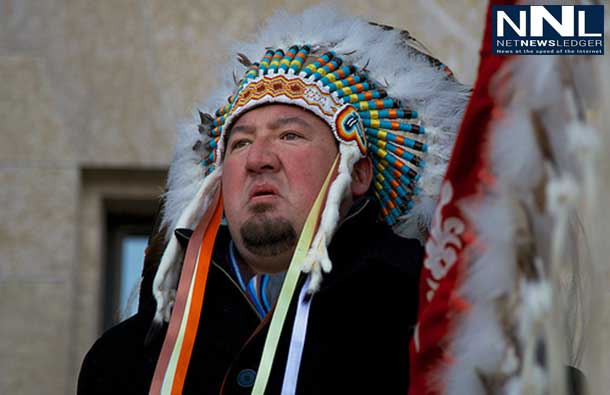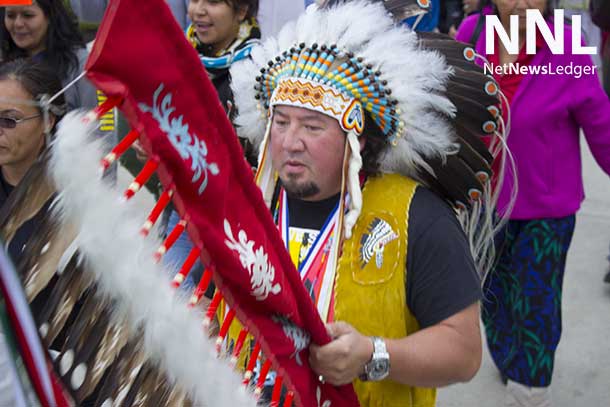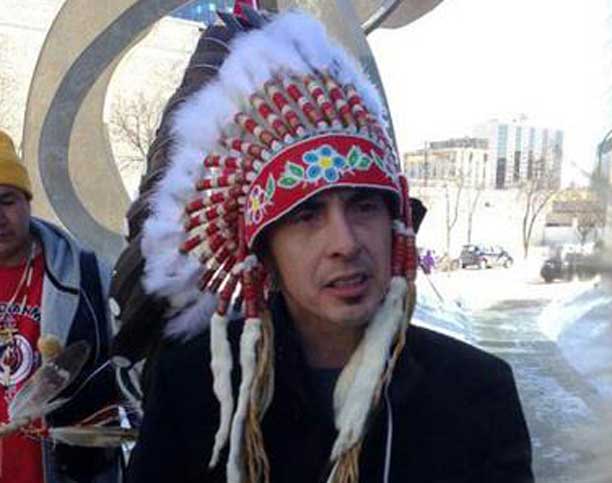
TREATY ONE – WINNIPEG – As Canada prepares to celebrate 150 years, the Assembly of Manitoba Chiefs First Nations Family Advocate Office’s focus is elsewhere.
On June 30, at the Circle of Life Thunderbird House from 4:00 p.m. to 8:00 p.m., Manitoba First Nation children, youth, citizens, Elders and leadership will acknowledge the theft of Indigenous children through 150 years of failed child welfare policy.
Assimilation through forced removal of Indigenous children from parents, families and communities has always been the central tenet of Indigenous child welfare policy. Whether through the overt human rights violations found in Indian Residential School and 60s Scoop child welfare policies or through the almost imperceptible human rights violations found in present-day Child and Family Services policies, assimilation formed and forms the core of Indigenous child welfare policy in this country.
“The child welfare system challenges in Manitoba are vast. The system incentivizes apprehension—this is a billion dollar industry in our province. The system then feeds Indigenous children into other institutionalized settings such as Justice, Health and Employment and Income Assistance,” stated Cora Morgan, First Nations Family Advocate.
It is difficult to find reasons to celebrate 150 years of adversarial child welfare policy. Instead, on June 30, we will celebrate the resiliency of Indigenous people and the conclusion of the Keewaywin Engagement Sessions on Manitoba First Nation Child and Family Services Reform. The engagement sessions, supported by the government of Canada, will inform Manitoba First Nations’ led reform options for child welfare policy that respond to the Canadian Human Rights Tribunal decision ordering Canada to reform the discriminatory First Nations Child and Family Services Program.
“Manitoba First Nations have among the highest rates of children in care in the child welfare system. The system works to keep children in care and away from their family and community. However, we do see a commitment and willingness from the federal government to work with First Nations towards keeping families together and preventing apprehension,” stated Grand Chief Derek Nepinak.
Our First Nations have spoken. It is time for change and time to Bring Our Children Home After 150 Years of failed child welfare policy. First Nations must lead child welfare reform in mandate, design and implementation of policies that focus on prevention rather than apprehension.






